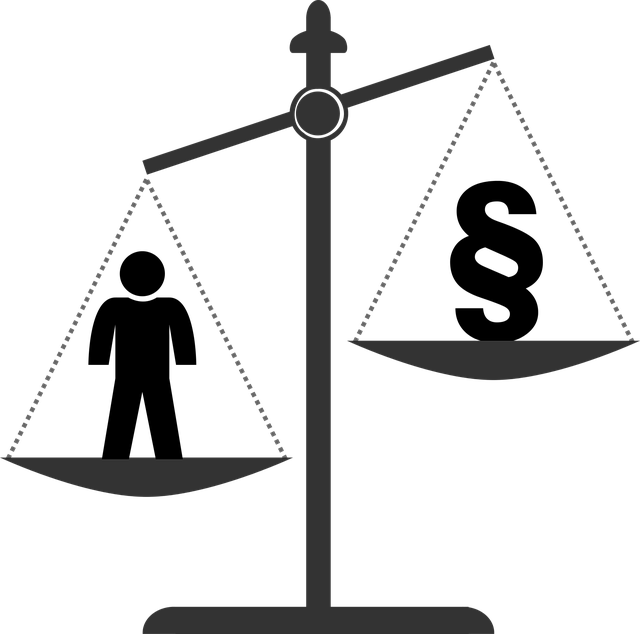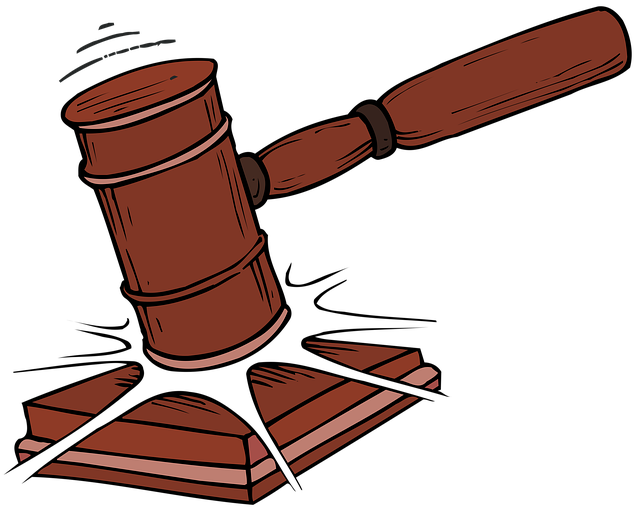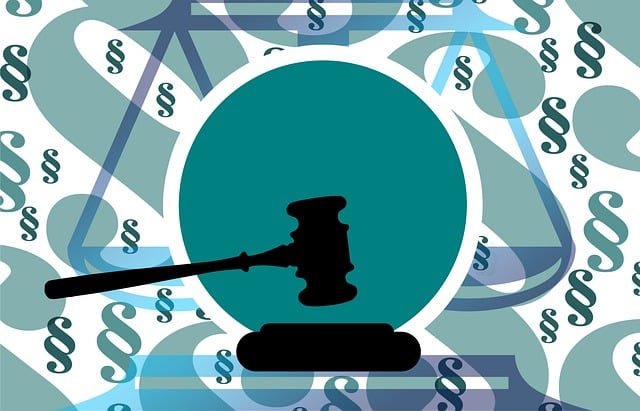Consumer protection suits are pivotal in safeguarding the rights of buyers, ensuring they aren’t taken advantage of by businesses. This article delves into the intricate world of consumer protection litigation, offering a comprehensive guide for understanding these lawsuits. We explore key grounds for filing, such as false advertising and unfair practices, while highlighting the crucial role of due process—a cornerstone of justice in both civil and criminal law cases. By navigating the legal system effectively, consumers can secure their rights and achieve fairness.
- Understanding Consumer Protection Suits: Protecting the Rights of Buyers
- The Role of Due Process in Consumer Cases: Ensuring Fairness and Justice
- Common Grounds for Filing a Consumer Protection Lawsuit
- Navigating the Legal System: What to Expect in Consumer Protection Litigation
Understanding Consumer Protection Suits: Protecting the Rights of Buyers

Consumer Protection Suits play a pivotal role in safeguarding the rights of buyers within the complex legal landscape. These suits are designed to ensure that businesses uphold their obligations to provide accurate information, maintain fair practices, and deliver products or services as promised. By holding companies accountable for misrepresentations, false advertising, or deceptive actions, these legal actions empower consumers, allowing them to seek justice and compensation for any financial losses incurred.
Understanding the framework of consumer protection laws is crucial, especially when considering that many violations can lead to criminal charges, mirroring concepts found in Due Process in Criminal Law Cases. While the primary goal is to protect consumers, a well-founded defense strategy in these suits might include exploring options like a complete dismissal of all charges or avoiding indictment, particularly in cases involving white collar and economic crimes.
The Role of Due Process in Consumer Cases: Ensuring Fairness and Justice

In consumer protection suits, the concept of due process is paramount to upholding fairness and justice. This legal principle ensures that individuals facing allegations have a right to a fair hearing, providing them with an opportunity to defend themselves against any unjust accusations. In the context of consumer cases, this translates into giving consumers the chance to present their side of the story, cross-examine witnesses, and access relevant evidence. Just as in criminal law cases where due process guarantees the accused’s rights, such measures are crucial in consumer protection to prevent miscarriages of justice.
The importance of due process becomes especially evident when addressing complex issues like white-collar and economic crimes. As these offenses often involve intricate financial transactions and legal jargon, ensuring a robust due process allows for a thorough investigation and a fair determination of guilt or innocence. Respective business practices benefit from this as well, promoting transparency and accountability while safeguarding the rights of all parties involved in consumer disputes.
Common Grounds for Filing a Consumer Protection Lawsuit

When considering whether to file a consumer protection lawsuit, individuals often seek recourse for instances where businesses have engaged in unfair or deceptive practices. Common grounds for such legal action include violations of consumer rights, misrepresentations of product quality or features, and misleading advertising. These cases are designed to protect consumers from financial harm and ensure they receive honest and transparent information when making purchasing decisions.
In many jurisdictions, the principles of due process in criminal law cases also apply to civil lawsuits, including consumer protection actions. This means that businesses accused of wrongdoings have the right to a fair trial, access to evidence against them, and the ability to present their defense. A skilled general criminal defense attorney can navigate these complex legal landscapes, aiming for winning challenging defense verdicts while upholding an unprecedented track record of client successes.
Navigating the Legal System: What to Expect in Consumer Protection Litigation

Navigating the legal system for consumer protection suits can be a complex and intimidating process. Consumers who’ve been wronged often face an uphill battle when taking on powerful businesses or corporations. The first step involves understanding the jurisdiction and laws governing consumer rights in their specific region. Each country or state may have its own set of regulations, making it crucial to seek legal counsel with expertise in this field.
The due process guaranteed in criminal law cases also applies to civil litigation, ensuring fairness for all parties involved. A skilled attorney will help clients navigate the intricate procedures, including filing complaints, gathering evidence, and presenting arguments before a judge or jury. With an unprecedented track record of success, white-collar defense specialists advocate for their clients, ensuring they receive just compensation and hold perpetrators accountable. This process demands meticulous attention to detail, strategic planning, and unwavering dedication to protect consumer rights.
Consumer protection suits play a vital role in ensuring fairness and justice for buyers, safeguarding their rights against misleading or unfair business practices. By understanding the grounds for legal action and navigating the complexities of the legal system, individuals can protect themselves and hold perpetrators accountable. The due process principles established in criminal law cases also apply here, guaranteeing a fair trial and equal protection under the law. Armed with knowledge about these suits, consumers can take proactive steps to safeguard their interests and create a more transparent marketplace.






